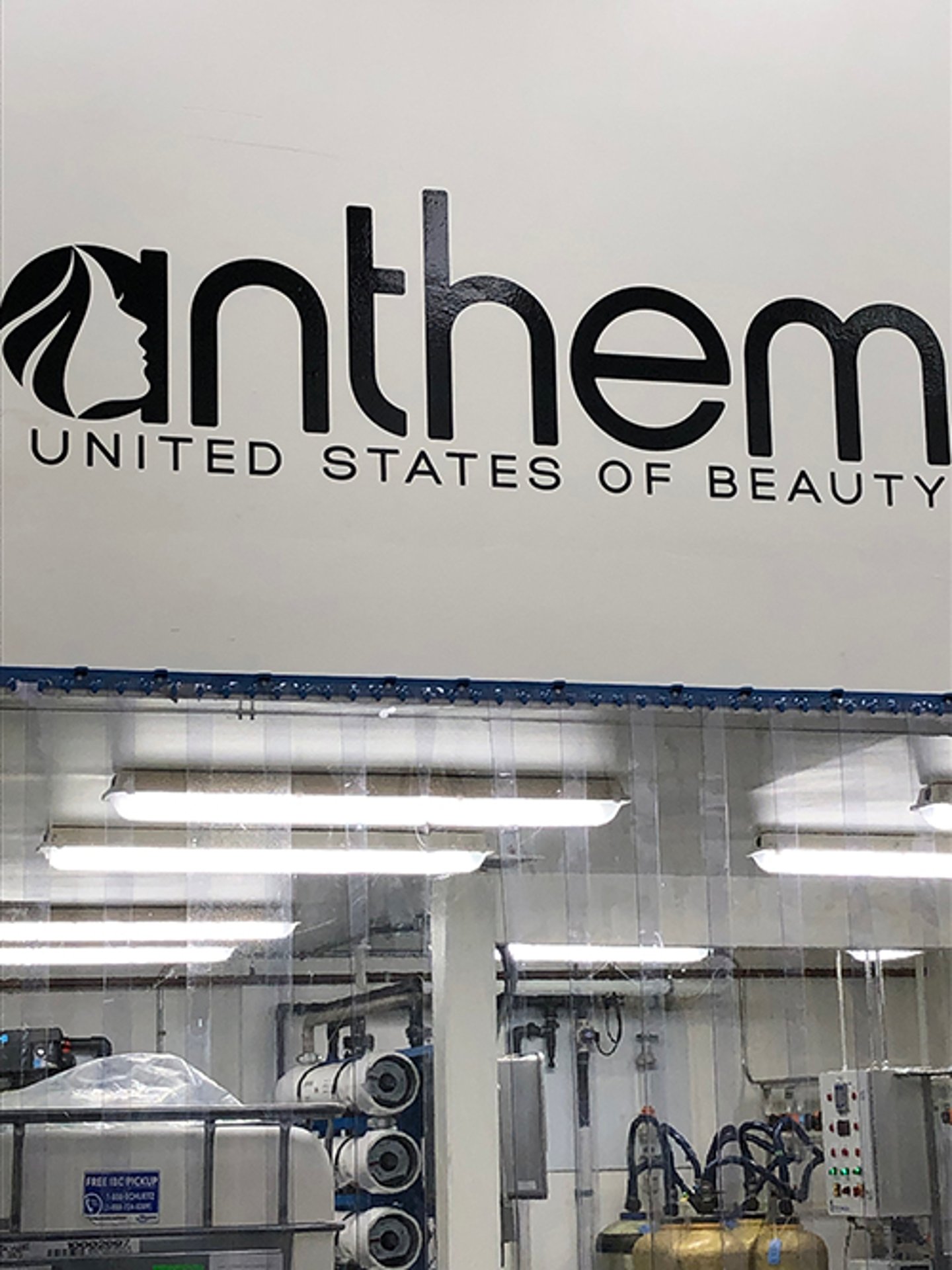Q&A: Beauty and the Pandemic
In 2015, Anthem began as a supplier of wet wipes in a variety of categories for retailer private label lines and contract manufacturers, but a year later broadened production into American-made facial sheet masks and a larger expansion into skin and hair care products.
Raj Prakash, CEO of Anthem, said he was inspired by skin care and sheet masks being produced in Korea and hadn’t seen the products stateside, so he expanded the wipes business and in 2018 built a second manufacturing facility and exponentially built the business.
“With a focus on bringing clean-ingredient formulations throughout our library of product offerings, we’ve been able to help private label brands satisfy their customer needs while meeting the increasing desire for cleaner ingredient skincare,” he said.
Last year, business changed again, as the pandemic spun retail into a spiral. For Miami-based Anthem, more opportunity occurred. Prakash discussed with Store Brands:
Store Brands: How has COVID-19 impacted your business?
Raj Prakash: The company saw approximately 500% growth over this past year, most brought on by the need for sanitizing products as essential items to everyone’s daily lives. This includes both hand sanitizing as well as surface disinfecting wipe products.
SB: What about in terms of supplying product; how did you adjust to fulfill product requests?
RP: We increased capacity with investments in additional production lines and shifts to ensure the consistent supply of not only sanitizing products, but also products that some were having issues with getting filled elsewhere due to capacity shortages experienced by other contract manufacturers. We were able to keep up with the demand of sanitizing products while increasing the supply of items in the beauty sector such as makeup remover wipes and other skin care product SKUs.
SB: What specifically was challenging on the private label side of your business?
RP: Most challenges fell within the expectations of filling private label products specifically under the disinfecting categories. The reason is that there’s a set process that needs to be followed to have these labels approved, which increases the lead time for retailers that had not had these labels ready and approved pre-pandemic. We were able to navigate the issues of supply chain needs and production consistency using our strong vendor relationships put in place before the pandemic began. We had a robust private label program prior to COVID-19, which we were able to supply with consistency given our proactive approach to sourcing and expanding capacity with the addition of production lines.
SB: What trends do you see coming out of the potential pandemic-slowdown, what kind of products will be important or trending for you?
RP: There remains a heightened focus on keeping clean, both for body and for surfaces. As both categories are considered day-in-day-out products, they are incorporated into nearly every household. With that said, there are trending products that have been born out of this daily use of sanitizing products and addressing their long-term use. This includes items like soothing and moisturizing hand lotions, and calming and soothing facial cleansers. Then there are products specifically addressing brand-new issues, such as ‘maskne.’ Taking control of the care of our skin and helping to protect and nourish it will remain on-trend going forward. The focus will remain on self care.
SB: Essential goods were vital during pandemic shopping, do you see, as it eases, a move toward more fun, innovative products to come, are you working on ways to surprise and delight shoppers?
RP: The focus on keeping ourselves protected, clean and fighting off germs will remain top of mind, but there will be a shift in what was deemed essential products during the height of the pandemic and how they’ll be incorporated into our daily routines with more ease. This new-found clean ritual product trend is leading to more portable packaging options and product formats, such as wipes that are easy to transport as opposed to liquids. On the flip side, there will also be an increase in quick, fun ways to manage self-care. We’ve seen an increase in demand for items such as facial sheet masks, under eye treatments, including eye mask patches, and of course, all things hand care to address all the effects of constant hand sanitizing. Consumers are looking for more skin-friendly products and more fun and fresh scents in these daily-use items.
SB: During this pandemic, what’s one or two takeaways you learned as far as how to work with retailers on private label products within the supply chain?
RP: We’ve learned working closely together with retailers to safeguard the even flow of product was key. On all fronts, working as partners during the entire product cycle, from project management to production processes, ensured that meeting and exceeding expectations would be realized.
SB: How do you see private labels performing in the year ahead?
RP: We see private labels having continued growth in the years to come. Consumers have embraced the private label product lines that offer the same benefits as higher priced branded products. Consumers are more in tune with ingredients and what they want. They have educated themselves on which ingredients they trust and what kind of performance they expect from a product. With the increased focus on transparency across the skin care industry, consumers are more apt to use and recommend private label products.





